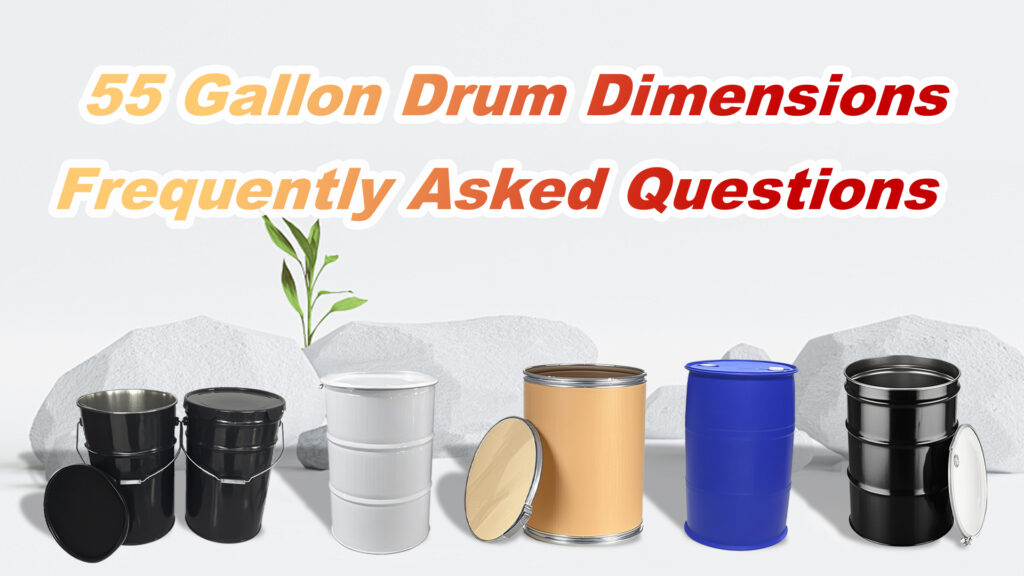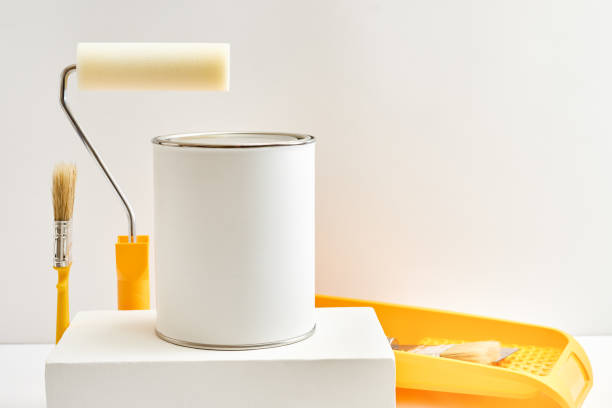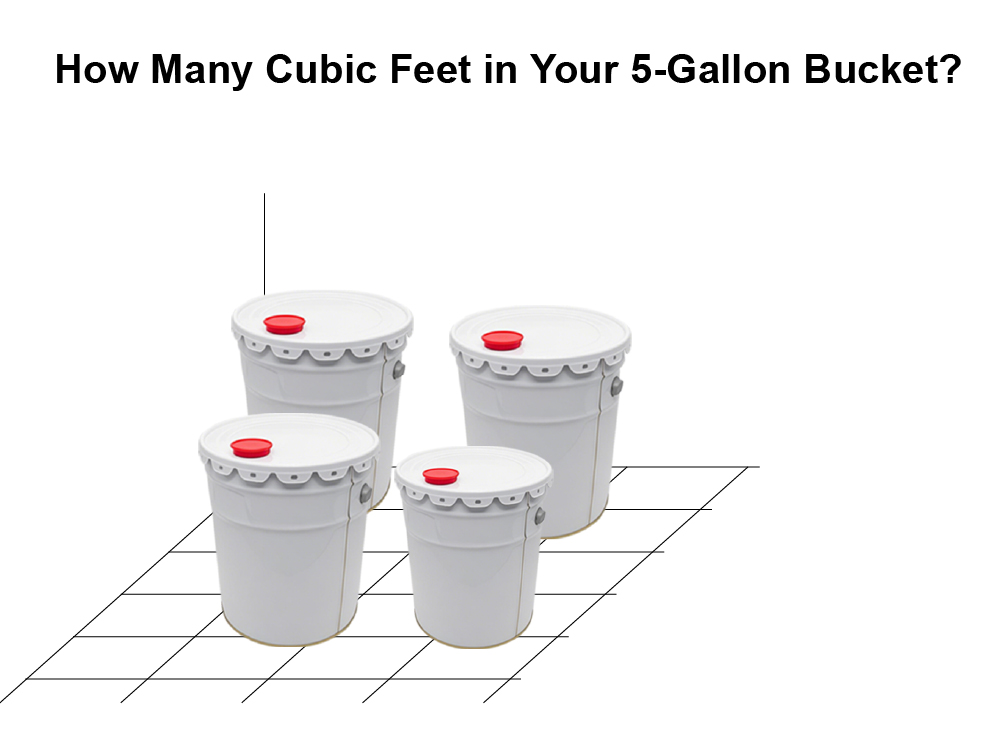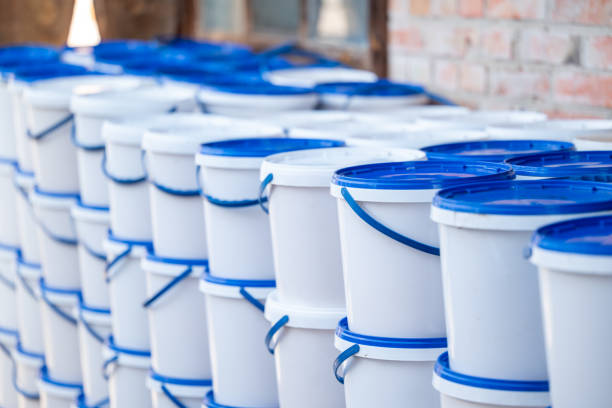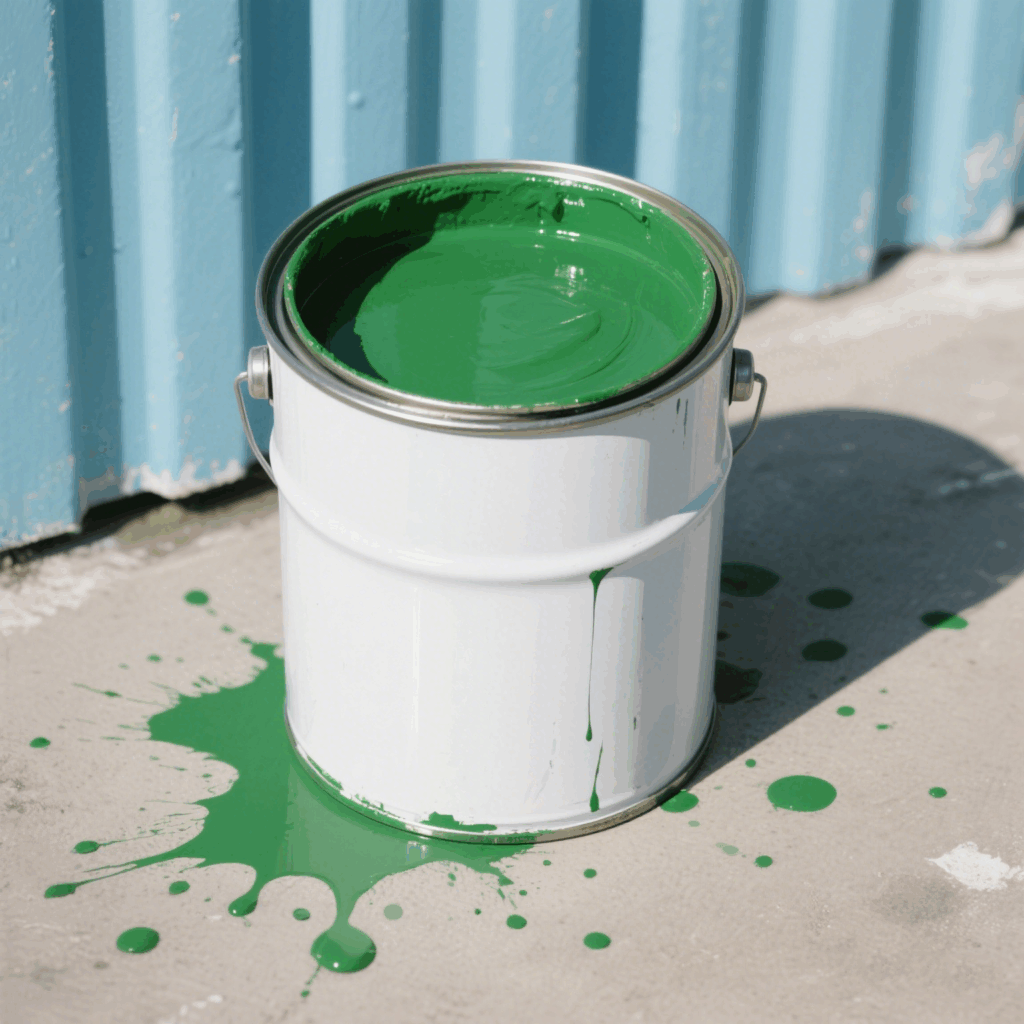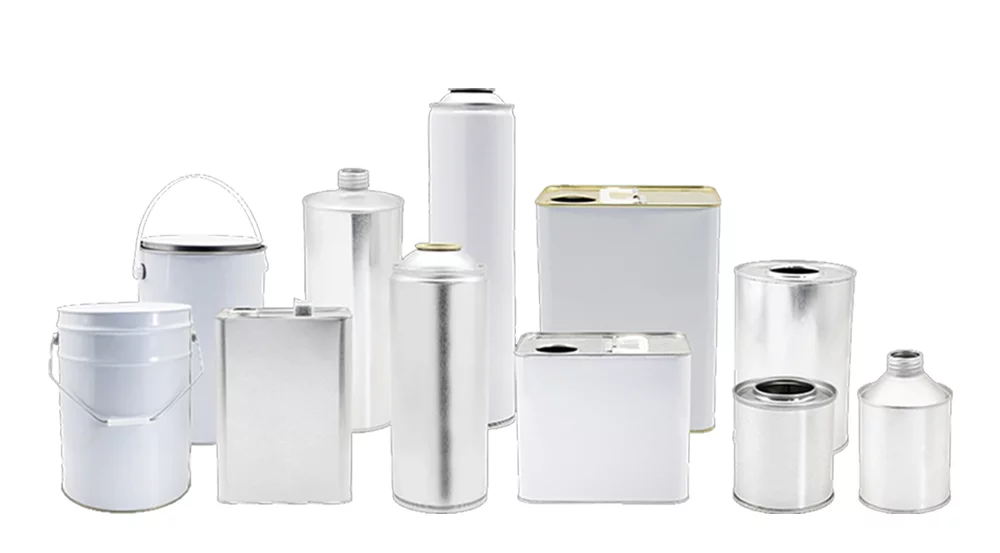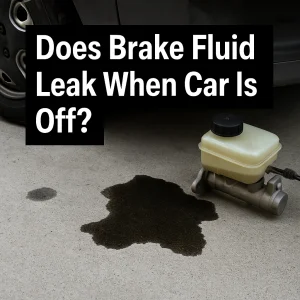
You’re parked, engine off, and later you notice a strange fluid beneath your car. It’s not oil, and it doesn’t smell like coolant. So now you’re asking: Can brake fluid leak when the car is off? The short answer is Sí—and it’s a problem you shouldn’t ignore.
Let’s break down exactly why this happens, how to identify it, what it means for your safety, and what to do next—all from a driver’s point of view.
Why Brake Fluid Can Leak When the Car Is Off
Even though your car isn’t running, el brake system remains pressurized to some extent, especially if you recently used the brakes before shutting off the engine. Brake lines and components are full of fluid at all times.
Here are common reasons for a brake fluid leak while the car is off:
| Cause | Descripción | Typical Location |
|---|---|---|
| Worn brake lines | Rubber hoses or metal lines may crack or corrode | Under the vehicle, along the frame |
| Leaky master cylinder | Seals in the brake master cylinder can deteriorate | Near the firewall under the hood |
| Bad wheel cylinder/caliper seals | In drum or disc brakes, seals can fail | Near wheels |
| Loose bleeder valves | These valves may not be fully tightened after maintenance | On brake calipers |
| Damaged reservoir or cap | Cracks in the brake fluid reservoir or a loose cap can cause leaks | On top of the master cylinder |
In many cases, the leak only shows up when the vehicle is parked because that’s when fluid pools enough to become visible under the car.
Signs of a Brake Fluid Leak
You might be asking, “How do I know it’s brake fluid?” Here’s how to tell:
-
Color: Usually clear to light brown (especially if older).
-
Texture: Slick and oily, thinner than motor oil.
-
Smell: Slightly fishy or medicinal.
-
Ubicación: Typically near wheels or under the brake pedal area.
You may also notice:
-
A soft brake pedal when you next start the car.
-
A brake warning light on your dashboard.
-
El brake fluid reservoir is low.
These are all signs the system is losing pressure—and therefore dangerous.
Is It Safe to Drive?
No. Even a small brake fluid leak can become a major hazard. The brake system depends entirely on hydraulic pressure. If you lose fluid:
-
Your braking power may decrease drastically.
-
Your brakes could fail completely.
If your car is leaking brake fluid—even when off—it’s crucial to avoid driving until it’s inspected and repaired.
What Should You Do If You Suspect a Leak?
-
Check fluid levels: Open the hood and inspect the brake fluid reservoir. If it’s low, that’s a big red flag.
-
Look for stains: Check under your car after it’s been parked for a few hours. Place cardboard or a white cloth under it if needed.
-
Call a mechanic or tow the vehicle: Don’t risk driving it to a shop. Have it towed or serviced at home if possible.
-
Clean up the fluid: Brake fluid is corrosive to paint and harmful to the environment. Clean it up safely.
Can You Fix It Yourself?
If you’re handy with cars and the issue is minor (like a loose reservoir cap), you might be able to handle it. But in most cases, especially with brake lines, calipers, or master cylinders, professional service is strongly recommended.
Consejos de prevención
-
Inspect regularly: Check fluid levels monthly.
-
Service on schedule: Have your brake system flushed and checked every 2–3 years.
-
Park mindfully: Avoid areas with rough debris that could damage lines underneath.
-
Address issues early: Spongy brakes or odd noises shouldn’t be ignored.
Quick Troubleshooting Table
| Symptom | Possible Issue | Recommended Action |
|---|---|---|
| Puddle under car after parking | Leak from brake line or cylinder | Inspect immediately |
| Brake pedal feels soft | Air or fluid loss in the system | Tow to a mechanic |
| Dashboard brake warning light | Low fluid level or leak | Check reservoir & stop driving |
| Fluid near wheel | Leaky caliper or wheel cylinder | Repair needed |
Preguntas frecuentes
Q: Can a brake fluid leak stop on its own?
A: No. Brake fluid leaks will only worsen over time. The system cannot heal itself.
Q: How much does it cost to fix a brake fluid leak?
A: It depends on the source. A hose replacement might cost $100–$200, while a master cylinder repair could run $300–$500 or more.
Q: How long can I drive with a slow brake fluid leak?
A: You shouldn’t drive at all. Even a slow leak can cause brake failure without warning.
Q: Is it brake fluid or something else leaking?
A: Brake fluid is clear to amber and slippery. If unsure, have a technician verify it.
Q: Can weather affect brake fluid leaks?
A: Sí. Cold temperatures can cause rubber parts to shrink and crack, leading to leaks even when parked.
Final Thoughts
Brake fluid leaking while your car is off might seem harmless—but it’s a serious issue that needs your attention. Since your safety depends on your brakes, don’t wait. Check the signs, confirm the leak, and get it fixed as soon as possible.
Si tiene dudas, tow it out—because nothing’s worth risking your brakes on the road.
















